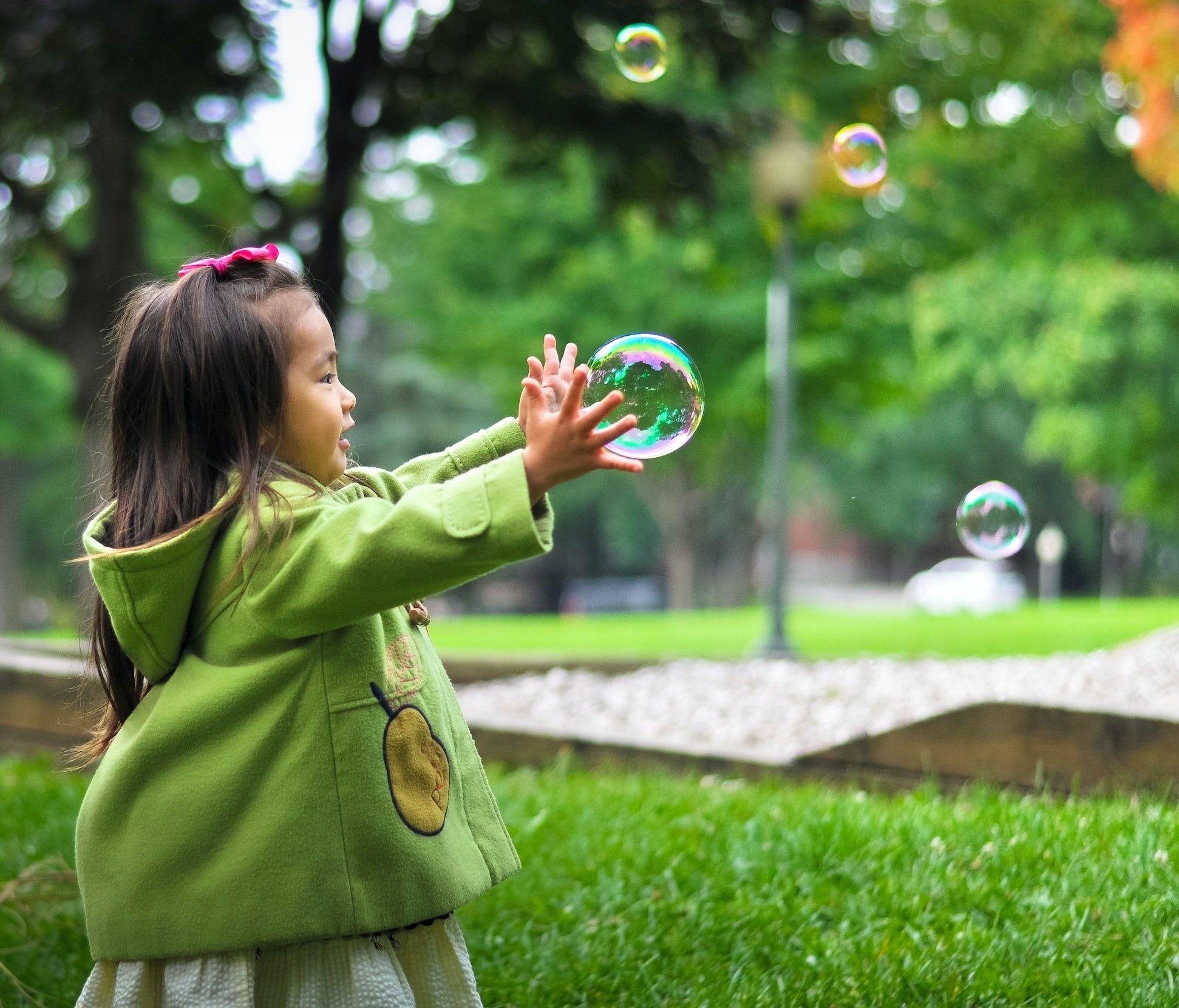
The Power of Play
Talking about our problems can be hard. Some thoughts and feelings sit inside of you, apparently formed but not concrete enough to make sense of. It can feel incredibly frustrating when this happens.
This is what most children experience since they lack the verbal skills necessary to make sense of their abstract inner world. As such, it is common to see children who experience low mood or anxiety to throw tantrums, develop somatic symptoms like stomach pain or headache, experience nightmares or other sleep issues.
What is Play Therapy?
Play therapy for children is akin to psychotherapy for adults. It utilizes a child’s natural inclination for play as a medium of communication. The child is encouraged to explore and express their thoughts and feelings nonverbally in a safe environment.
Play therapy also focuses on helping a child learn adaptive behaviours, problem-solving abilities, and interpersonal skills like empathy. It builds competency and mastery which improves the child’s sense of autonomy and esteem.
Why Choose Play Therapy?
A fun fact about play therapy: Play therapy has its roots in psychoanalysis since the early 1900s. Notably, psychoanalysts proposed that some distressing psychological contents might not be readily accessible but could be projected onto a safe object. This bypasses the child’s defences or resistance, which in turn facilitates the therapeutic process.
Play therapy is based on a child’s capacity to self-direct and grow when proper conditions are provided. The environment that fosters this is one where the child experiences unconditional acceptance, warmth, and genuineness. Unspoken feelings are accurately reflected by the psychologist which helps the child gain insights. Play therapy also uncovers maladaptive thinking patterns that affect emotions and behaviours, e.g. a frightened child thinking “it was my fault”, “I can’t face this fear”.
According to the American Academy of Pediatrics, benefits of play include:
Ψ Improved mental flexibility
Ψ Working memory and long-term memory
Ψ Self-regulation
Ψ Problem-solving skills
Ψ Cooperation and social learning
Ψ Language skills
Who is Trained to Conduct Play Therapy?
The child psychologists at Annabelle Kids are trained in conducting play therapy. Our experienced psychologists allow the child to choose from a wide variety and modality of toys and materials, such as boardgames, dance, storytelling, puppetry, and so on. They observe and participate in the play and takes note of underlying psychological contents, e.g. anxiety, thought patterns, memories, which will later become the platform for intervention.
Play is innate and important for children’s social and emotional development. So much so that the United Nations recognised play as a fundamental right of children. By harnessing a child’s natural need to play, therapy can feel less intimidating which makes way for expression, exploration, and learning!
Get in touch with us to find out more about how our psychologists can support your child through play therapy.



